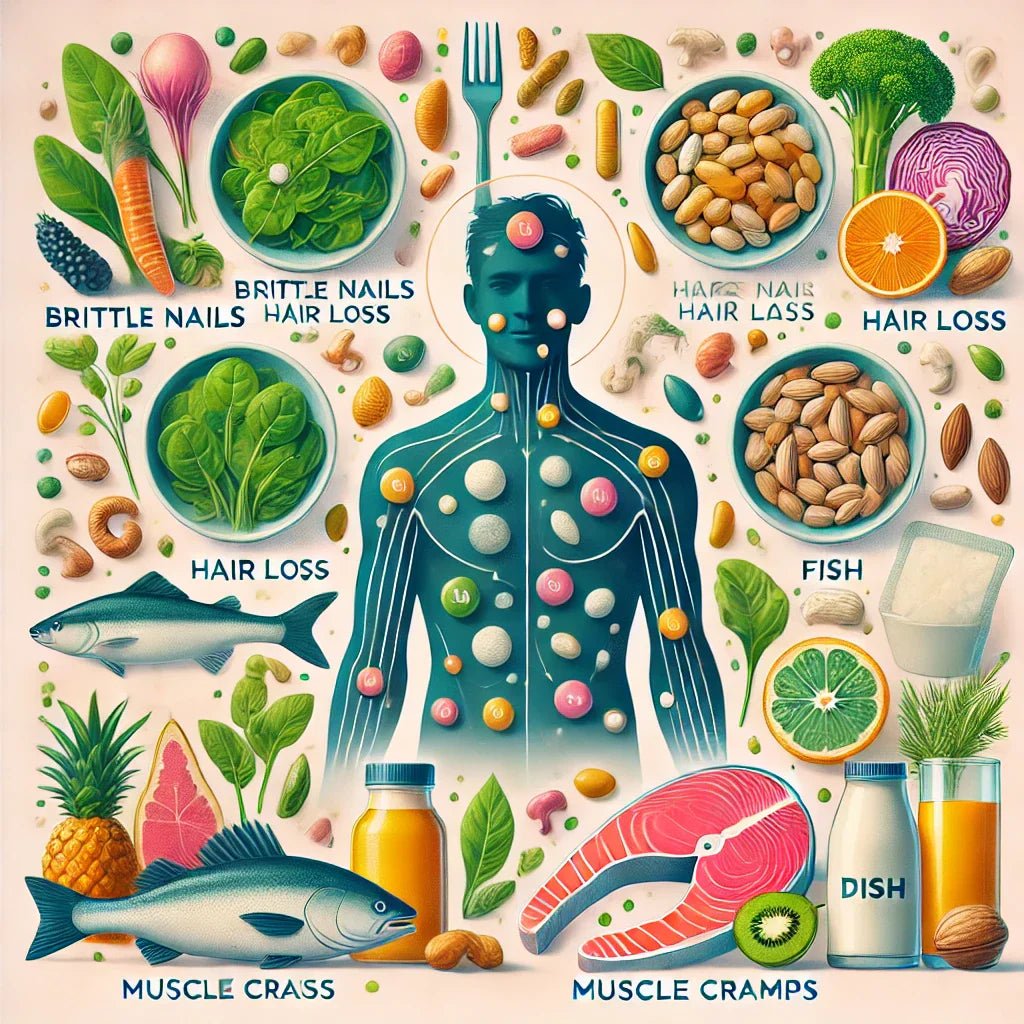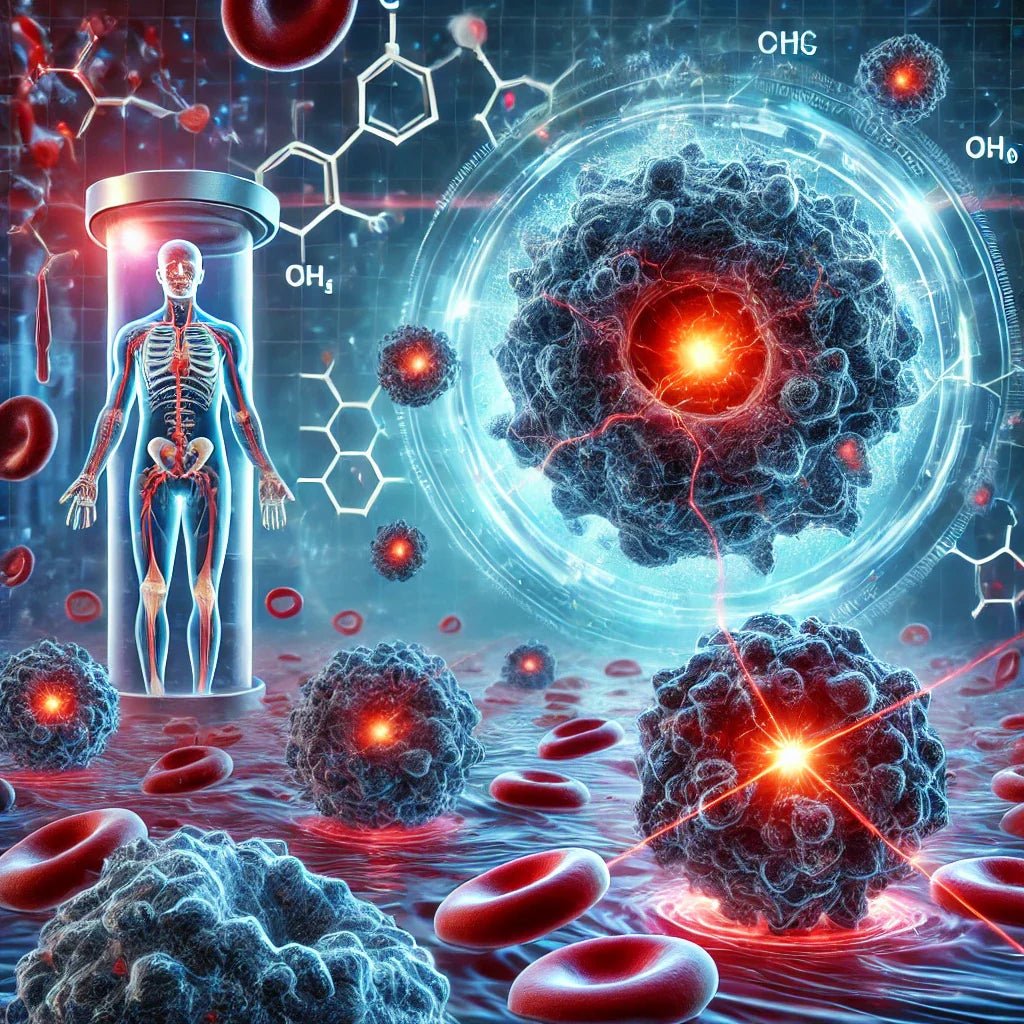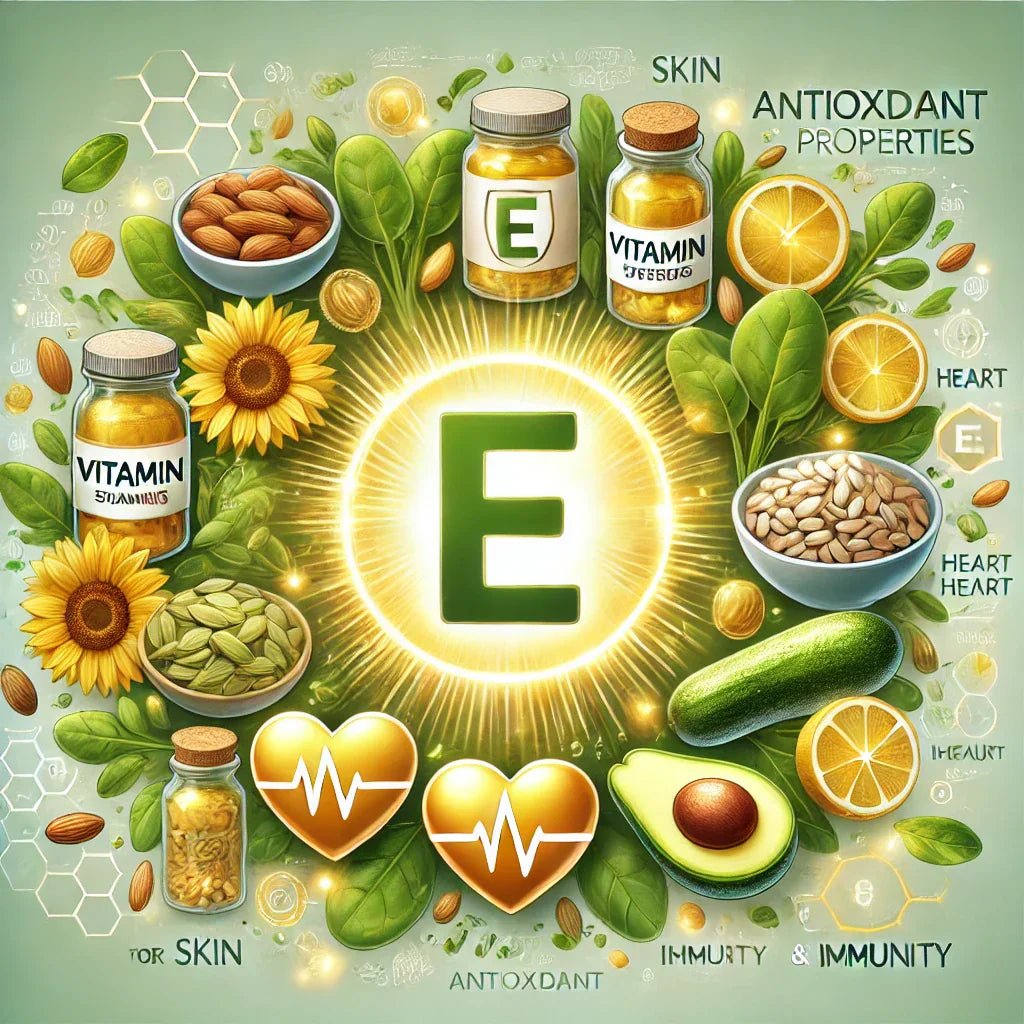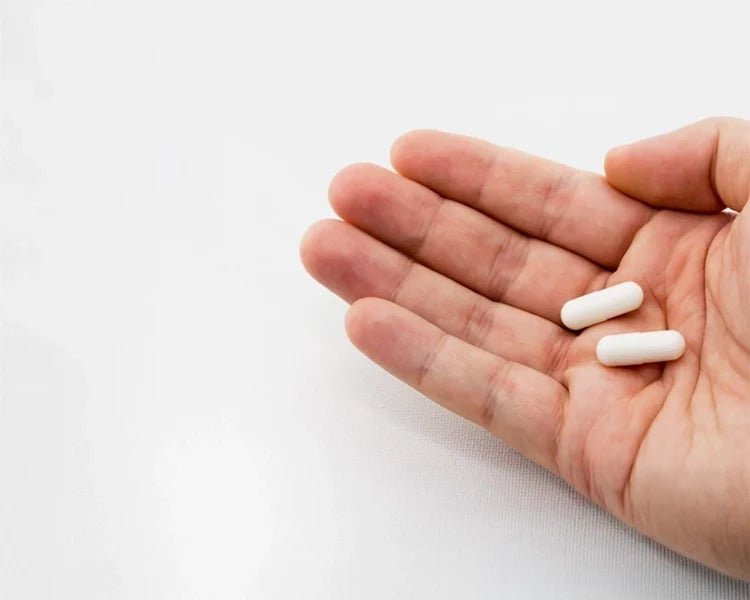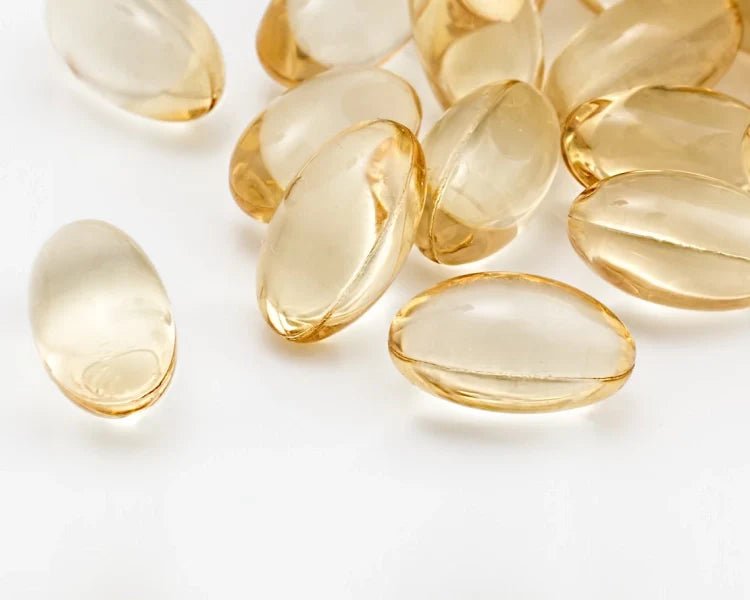The most common deficiencies and their symptoms:
Vitamin D – the key to strong bones and immunity
Vitamin D, known as the "sunshine vitamin", is synthesized in the skin under the influence of sunlight. Unfortunately, in our latitude during the autumn and winter months, this synthesis is almost impossible. Studies have shown that nearly 90% of Poles suffer from its deficiency, of which 60% are serious. Vitamin D deficiency can lead to muscle weakness, bone pain, low mood and increased susceptibility to infections. It is worth knowing that a deficiency of this vitamin can also manifest itself in chronic fatigue and skin problems. Interestingly, some populations, despite living in warm regions of the world, also struggle with vitamin D deficiency. This is due to wearing clothes that cover the body and using sunscreens that block the synthesis of the vitamin in the skin.
A diet rich in oily fish, eggs and vitamin D-fortified milk can partially meet requirements, but most people should consider supplementation, especially in the fall and winter.
Magnesium – support for the nervous system and muscles
Magnesium is one of the most important minerals in the body – it takes part in over 300 enzymatic processes. Its deficiency is manifested by muscle spasms, eyelid twitching, nervousness and difficulty falling asleep. Stress and physical activity increase the demand for magnesium, which means that many people suffer from its deficiency without even realizing it.
Studies indicate that nearly 70% of the population does not get enough magnesium from their diet. Interestingly, over the last 50 years, the magnesium content in vegetables and fruits has decreased by about 10%, which is mainly due to intensive farming methods and soil depletion. Magnesium can be found in cocoa, pumpkin seeds, nuts and whole grain products, but people exposed to high mental or physical stress may require additional support in the form of supplementation.
Iron – essential for red blood cell production
Iron deficiency is one of the most common deficiencies in the world and mainly affects women of childbearing age and people on plant-based diets. Pale skin, weakness, hair loss, headaches and fatigue may indicate an insufficient amount of this element in the body. In more advanced cases, anemia occurs, which significantly reduces the quality of life.
Iron in animal products (e.g. liver, red meat) is more absorbable than that found in plants, which is why people on a vegan and vegetarian diet should pay special attention to supplementing iron. It is worth knowing that its absorption is improved by vitamin C - that is why orange juice with a meal rich in iron can increase its absorption by up to 30%. On the other hand, coffee and tea contain compounds that hinder the absorption of this mineral.
Vitamin B12 – essential for the nervous and hematopoietic systems
Vitamin B12 is essential for the functioning of the nervous system and the production of red blood cells. Its deficiency leads to symptoms such as numbness in the limbs, memory problems, weakness and anemia. Interestingly, vitamin B12 deficiencies can develop for years because the body stores it in the liver, but when reserves are depleted, the effects can be serious.
B12 is found only in animal products, so people on a plant-based diet are particularly susceptible to deficiency. In the past, this problem was less common because people drank water from natural sources that contained bacteria that synthesized the vitamin. Today, due to water filtration and changes in agriculture, supplementation is necessary for those who do not consume meat or dairy products.
Zinc - for immunity and healthy skin
Zinc is a key element for the immune system, skin health, and wound healing. Its deficiency is manifested by weakened immunity, slower wound healing, skin problems, and weakened hair and nails. Interestingly, zinc also plays an important role in the functioning of the senses of taste and smell - people with zinc deficiency often complain of disorders in the perception of taste.
Not everyone knows that the demand for zinc increases during periods of increased stress and during intense physical exercise. The body does not have large reserves of this element, so its regular supply in the diet is crucial. Zinc can be found in meat, fish, pumpkin seeds and nuts, but people on plant-based diets may have difficulty with its adequate supply.
Vitamin and mineral deficiencies are common and can lead to many health problems. It is worth paying attention to the symptoms that the body sends and taking care of a varied diet rich in valuable nutrients. In the case of greater demand or problems with their absorption, it is worth considering appropriate supplementation. Preventive tests and a conscious approach to nutrition can help avoid more serious health consequences.
